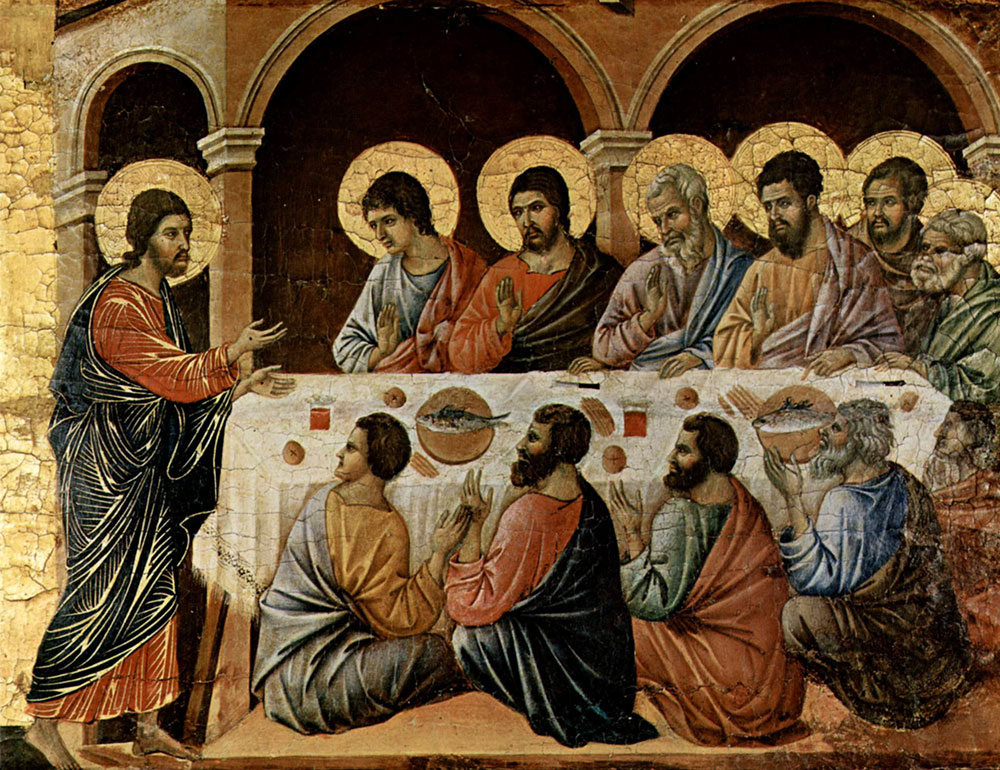1 Samuel 26:2, 7-9, 12-13, 22-23, 1 Corinthians 15:45-49 and Luke 6:27-38.
Second Chances: Love, Enemies, and the Power of Christ
Brothers and sisters, we gather today to explore a powerful theme: the transformative power of love, even towards our enemies. We will journey through the stories of David, the words of Paul, and the teachings of Jesus, seeking to understand how we can lead lives marked by forgiveness and grace, even in the most challenging times.
Our readings paint a vivid picture.
• 1 Samuel 26:2, 7-9, 12-13, 22-23: We find David in a precarious situation. King Saul, consumed by jealousy, is hunting him down. David has the perfect opportunity to strike back and eliminate his enemy. He sneaks into Saul’s camp, finds him asleep, and his companion Abishai urges him to kill Saul. However, David refuses. He recognises Saul as the Lord’s anointed, showing respect for the authority God has placed upon him. This wasn’t a sign of weakness; it was an act of incredible strength and a demonstration of faith in God’s justice.
• 1 Corinthians 15:45-49: Paul speaks of the two Adams. The first Adam, through disobedience, brought sin and death. Through obedience, the second Adam, Jesus Christ, brings life and resurrection. Just as we bear the image of the earthly Adam, we are called to bear the image of the heavenly Adam, Christ. This means embodying his love, forgiveness, and grace.
• Luke 6:27-38: Jesus presents some of his most challenging teachings. “Love your enemies, do good to those who hate you.” He calls us to bless those who curse us and to pray for those who mistreat us. He emphasises radical generosity, even towards those who take advantage of us. This isn’t easy; it contradicts our instincts.
Why these seemingly impossible commands? Love, especially love for our enemies, is the cornerstone of the Christian faith. It’s the key to breaking cycles of violence and hatred. It’s not about condoning wrongdoing but about recognising the humanity in everyone, even those who hurt us. These readings and today’s message connect with everyone.
• For Children: Imagine someone takes your favourite toy. It’s natural to be angry. But what if, instead of getting even, you tried to understand why they took it? Maybe they were feeling sad or left out. Sometimes, a little kindness can change everything. Just like David spared Saul, even though Saul was trying to hurt him.
• For Young People: Consider social media. It’s easy to become trapped in negativity and to react to hurtful comments with more hurt. Jesus’ words challenge us to be different by choosing kindness over retaliation and being the one who breaks the cycle of online bullying. It’s not about being a doormat but about having the strength to choose love.
• For Adults: Life is complex. We encounter difficult people in our families, workplaces, and communities. Holding onto resentment and bitterness ultimately harms us. Forgiveness does not mean forgetting; it means letting go of anger and choosing to move forward for your peace of mind. This process requires time and reflection. Consider Nelson Mandela, who spent years in prison yet emerged with a powerful message of forgiveness and reconciliation. He recognised the power of love to heal a nation.
The Bible is filled with examples of this radical love:
• Joseph and his brothers: Betrayed and sold into slavery by his own brothers, Joseph, in a position of power, forgave them and provided for them (Genesis 45).
• Stephen the First Martyr in the New Testament: As he was being stoned to death, Stephen prayed for his attackers: “Lord, do not hold this sin against them” (Acts 7:60). This echoes Jesus’ own prayer on the cross.
Jesus’ command to love our enemies is not merely a suggestion, but a commandment. It embodies the hallmark of a faithful follower of Christ. This love transcends personal feelings and reflects the very essence of God. It is not sentimental; rather, it is a powerful force for change. It seeks the best for everyone, even for those who oppose us.
Conclusion
As we depart today, let us reflect on these readings. Let us ask ourselves: Who are my “Sauls”? Who are the people in my life who challenge and hurt me? How can I, with God’s help, choose the path of love, forgiveness, and grace? Let us strive to embody the image of the second Adam, Jesus Christ, and allow His love to transform our lives and the world around us. Amen.






